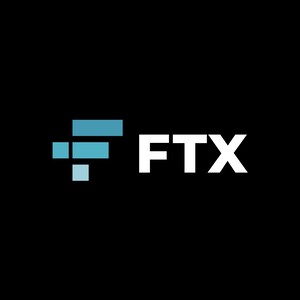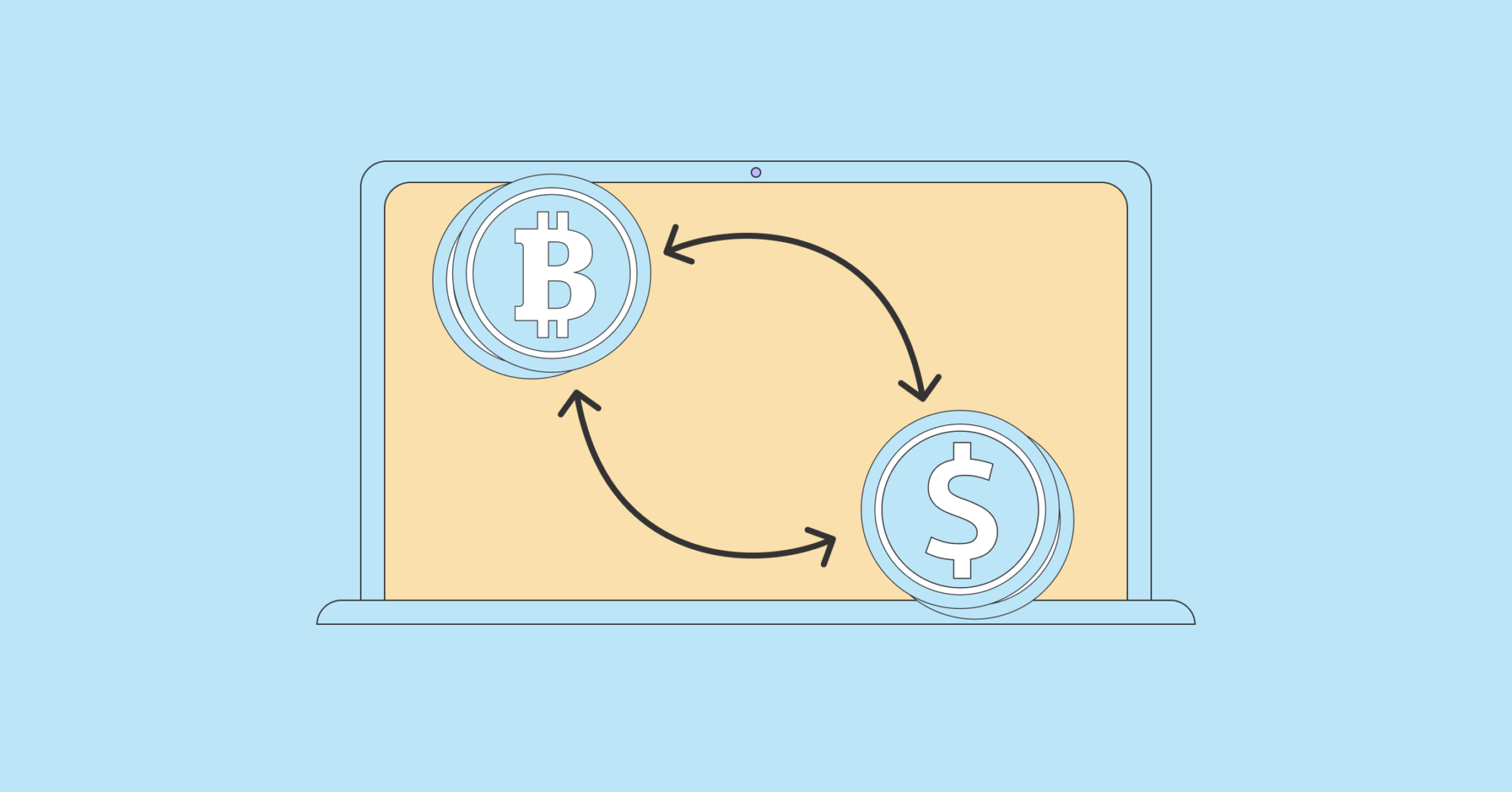In order to convert funds from regular “fiat” currency, to crypto, it is neccessary to use a centralized exchange, or CEX. CEXs provide liquidity for tokens and make it easy to swap from one token to another. Decentralised exchanges do exist, and are known as DEXs. While DEXs can be used to swap between cryptocurrencies, CEXs are required when going back and forth to fiat. Yes I know, no one loves the centralization, but it is a necessary evil, especially when taking regulations into account.
As large CEXs are dealing with sums of money akin to those handled by a bank, governments understandably enough feel it is necessary to regulate them. We are still in the early days of this technology, so regulations are not all the way there yet, and it is important to understand that there are ongoing struggles for regulation ongoing between centralized exchanges and governments. One point of note is that the majority of exchanges will ask knew customers for their details, also known as Know Your Client, or KYC. Personally I don’t like giving out bank statements etc to foreign companies, but it is what it is.
One point that people in crypto tend to reiterate is that funds stored on a crypto exchange are not safe, and they reiterate it with good reason. There have been disastrous meltdowns of exchanges in the past, with Mt Gox and Quadriga providing two fantastic examples. In both cases, investors believed that their money was safely stored on the exchange, before it all went sour. It is important not to fall into the trap of thinking that an exchange is too strong, too well managed, too reputable to collapse overnight. Conventional wisdom thought that the exchanges that collapsed were too big to fail also.
With that in mind it is important to remeber, ‘Not my keys, not my coins’. Any coins purchased on an exchange should be moved off of the exchange reasonably quickly, and stored on a hardware wallet. A hardware wallet will make your crypto far more secure, and should protect your funds from potential security threats and hacks, as long as it is managed responsibly.
I will go into some more detail on hardware wallets in a dedicated section, but for now lets move on and look some of the more well known and widely used crypto exchanges.
Coinbase

Coinbase was established in 2012 and was one of the first movers in the cryptocurrency exchange space. The site started out, obviously enough, focussed on Bitcoin trading. Their mission statement was to allow anyone, anywhere send and receive Bitcoin in secure manner.
Fast forward to 2022 and Coinbase proudy states on it’s website that it “powers the cryptoeconomy”
Approximately 103 million verified users, 14,500 institutions, and 245,000 ecosystem partners in over 100 countries trust Coinbase to easily and securely invest, spend, save, earn, and use crypto.
Coinbase Website
Add to these figures$217B quarterly revenue traded with over $96B worth of assets on the platform, and it is easy to why so many people use the Coinbase, and trust Coinbase. With numbers like that, Coinbase has the network effect to be a leader in the field, and it has the recommendation factor from existing users.
The CEO of Coinbase is Brian Armstrong and he is a well known voice in the crypto space.
Binance

Binance stands as the largest cryptocurrency exchange in the world in terms of daily trading volume. The company was founded in July 2017, and originally started out in China, before moving its servers to Japan in response to Regulations from the Chinese government in September 2017. Since then Binance has become an international entity.
The company is headed up by CEO Changpeng Zhou, he has been at the helm of Binance since it’s inception in 2017. He is quite active on twitter, which helps to make Binance more transparent and better understood by investors commiting their money to the platform.
Binance has been quite innovative in the crypto space so far, having gone so far as to establish their own blockchain, Binance Smart Chain, complete with it’s own governance token, $BNB, which currently sits at number five on the cryptocurrency leaderboard.In extension to this there are also Binance NFTs available for purchase on $BNB, but few of the cool kids are buying them. Who knows, maybe in the future.
As with all other exchanges, it has not been all smooth sailing for Binance. A security breach occured on 7 May 2019, with hackers stealing 7,000 BTC from the platform which at the time was worth somewhere in the region of $40m. In response to the hack Binance halted withdrawals and deposits, but allowed trading to continue with funds already on the exchange. After the hack Binance made a pledge to reimburse affected customers from its “Secure Asset Fund for Users”. The move provides some reassurance that money stored on Binance is protected but to what extent is hard to say.
Kraken

Founded in 2011, Kraken has since grown to become one of the largest cryptocurrency exchanges globally. The exchange is reported valued at $11 billion as of mid summer 2022, and is reportedly used by 6 million people on a regular basis, according to earthweb. With an average daily trading volume of $718.13 million, Kraken boasts some serious volume, and is a real player in the cryptocurrency space.
CEO of Kraken is Jesse Powell, another who shares his thoughts on twitter regularly, making him more transparent and easier to research. Powell has been known to be outspoken in the past and this may or may not sit well with you as a potential user of the Kraken platform. Read about Kraken’s controversies here.
For all it’s controversies, Kraken has yet to suffer a large scale hack in over a decade of trading, and the Exchange is ranked number one by cryptocurrency exchange security website CER. This commitment to security may help you sleep a little easier at night as a user of the exchange.
** Update – Jesse Powell has stepped down and Dave Ripley is COO now. He didn’t say anything controversial yet as far as I know.
1/ We recently attempted to summarize what the @krakenfx culture has been over the past 11 years, and what we hope it continues to be.
— Jesse Powell (@jespow) June 15, 2022
We had a few heated debates and it turns out we have about 20 people out of 3200 who are totally not on board. 👇🧵https://t.co/Ht6bagQ6T1
KuCoin

KuCoin was founded in 2013 by a small group of coders headed up by Micheal Gan, although it did not officially launch until 2017. According to their own website KuCoin is the number one cryptocurrency exchange in terms of globalisation, and boasts a user base of over twenty million.
As well as being a successful and busy exchange, KuCoin, much like Binance, has launched a token, around which they are developing an ecosystem that is sure to grow over the coming years. The name of the token is $KCS.
The exchange hosts over 200 cryptocurrencies for trading, over 400 markets, and offers a range of services such as margin and futures trading, as well as borrowing and lending or staking via its Pool-X. As well as that, KuCoin offers the opportunity to participate in fresh initial exchange offerings (IEOs) by way of KuCoin Spotlight.
KuCoin is based out of the Seychelles.
FTX

FTX describes itself as a platform build for traders, by traders, offering innovative products such as industry first derivatives, options, volatility products and leveraged tokens. Its position as a primarily trading focussed platform makes it somewhat different to the other exchanges on this list.
Part of the modus operandi for FTX is to develop a platform “robust enough for professional trading firms and intuitive enough for first time users.
FTX was founded in May 2019 by Sam Bankman-Fried and Gary Wang, who head up a self proclaimed “All-Star team”. As of February 2022 the exchange averages $10 billion of daily trading volume. The exchange has over a million users and also operates FTX.US to cater to US users.
Recently SBF has come out with some controversial statements of his own, calling for more regulation and potentially even censorship through the use of blocklists. Read more about it here and here.


